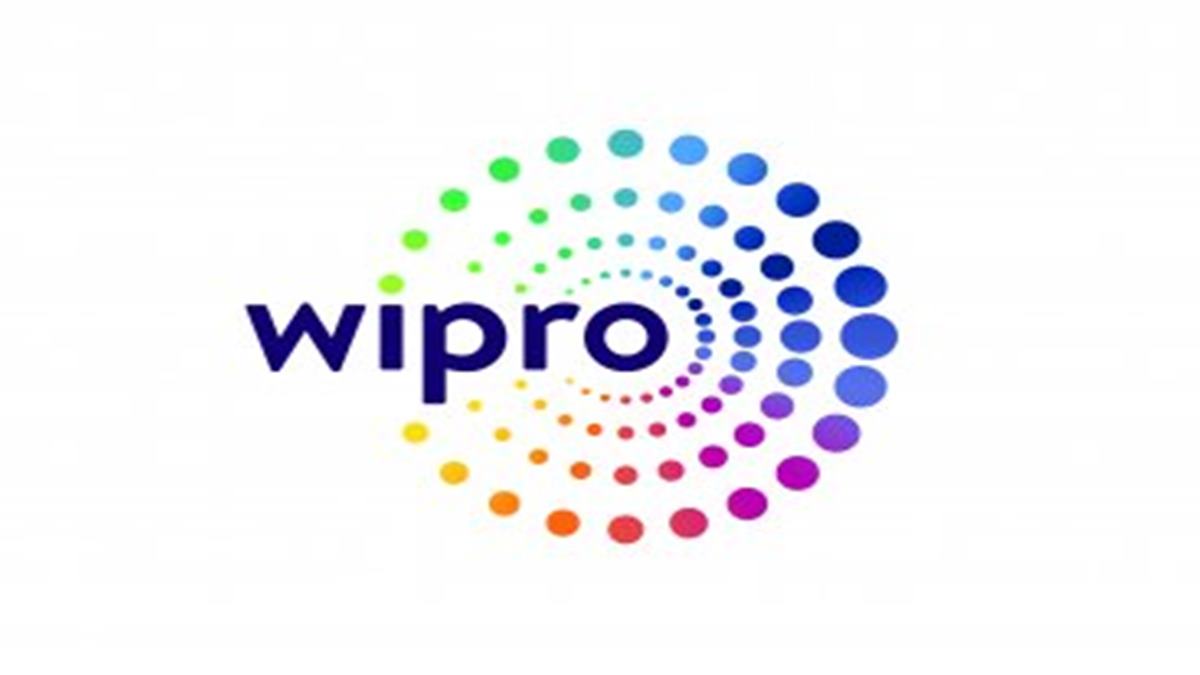A techie who publicly slammed a startup for ignoring his follow-up emails ended up getting called out himself.
It all began with a post on X, where Ravi Kumar, a tech professional, accused a startup of ghosting him after an interview. He, in response to another X post by the co-founder of the startup, Pratham Grover, claimed that applicants weren’t receiving any proper updates.
According to him, all he got were automated rejections, and he didn’t hold back. “If you are hiring for your startup and are not replying to applicants’ emails, it’s a scam alert,” he said.
But what followed was something he may not have expected.
Pratham Grover reacted to the post and said that Thakur had not cleared the interview or the background check. Along with that, he posted screenshots of Thakur’s past tweets, and they weren’t exactly flattering.
“Hi Ravi, you failed the interview, were flagged during the background verification, and exposed as a misogynist. Also failed as a decent human. No surprises here. Cheers, Recruitment Team,” Grover said.
In the tweets shared by him, Thakur could be seen replying dismissively to a woman’s concerns about internships, telling him to “get married” and “manage a household”. Another old post showed him ranting about recruiters. In one of the old posts, he questioned why engineers are expected to solve problems while receiving vague, automated rejections in return.
The online face-off between Thakur and Grover sparked debate. While several users sympathised with Thakur’s frustration with job rejections and lack of feedback, others felt Grover’s reply was justified.
“Why was a background check needed for a candidate who failed the interview?” a user questioned, while another added, “Well, checking somebody’s personal X handle for a background check is very weird.”
“It’s definitely a smart move to check Twitter profiles. It can reveal so much about a person. Smart move!” one of the users said.
While the debate on feedback and hiring etiquette rages on, this online conversation left social media users wondering whether the line between personal expression and professional evaluation is now thinner than ever.




















